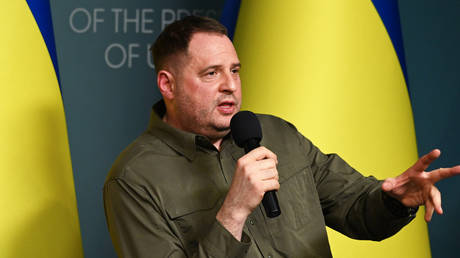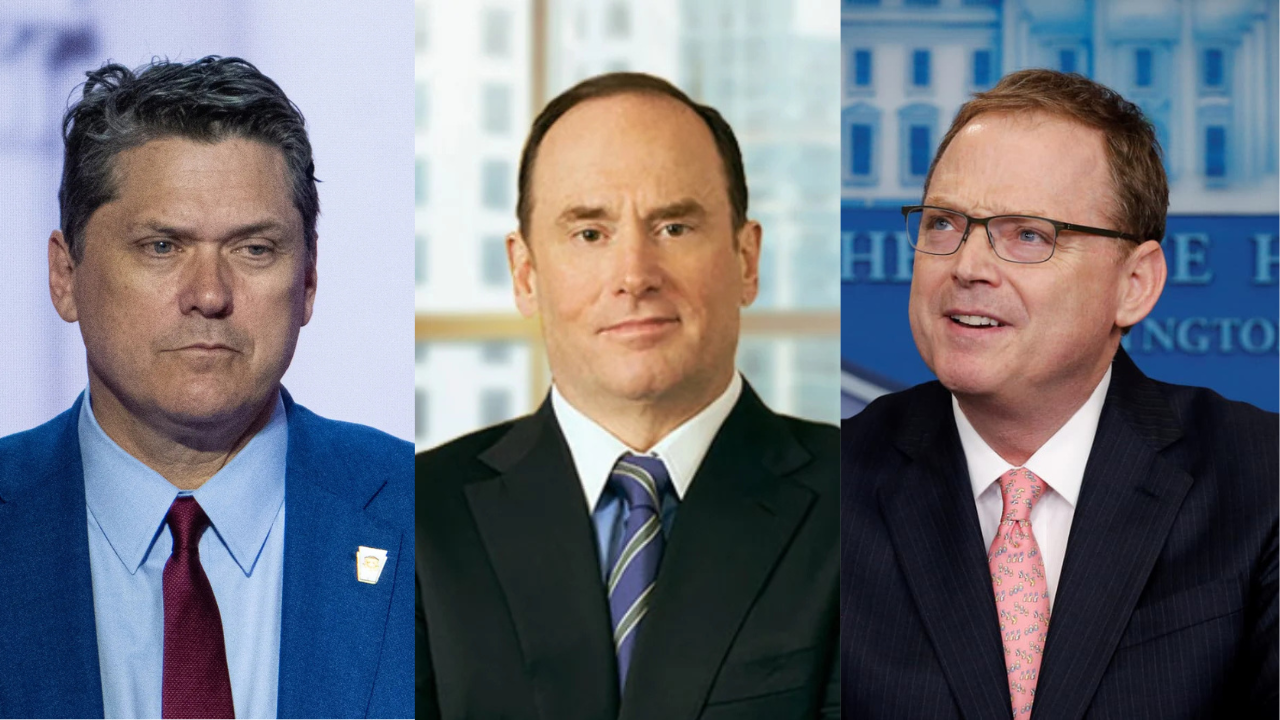ARTICLE AD BOX
Asking Kiev to surrender is unacceptable to Berlin, the German chancellor has said
Berlin must not back any call for a truce that would see Kiev admit defeat, German Chancellor Olaf Scholz has said.
As Scholz took questions from members of the Bundestag on Wednesday, Left lawmaker Gesine Loetzsch asked about Germany’s involvement in the Russia-Ukraine conflict and the possibility of a ceasefire.
“In my view, a ceasefire that involves Ukraine’s capitulation is one that we as Germany must never support,” Scholz replied, according to the state broadcaster Deutsche Welle.
The German chancellor argued that Russian President Vladimir Putin’s truce terms amounted to Ukraine’s surrender, calling Moscow “cynical” and not interested in ending the conflict.
“Putin only talks about peace negotiations in order to continue the war. We will not allow this,” Scholz said.
Read more No compromise with Russia – Zelensky aide
No compromise with Russia – Zelensky aide
Last month, the Russian president named several conditions before peace talks with Ukraine could begin. Moscow would order a ceasefire the moment Kiev withdraws troops from the territory of all four regions that voted to join Russia and officially announces it no longer wishes to join NATO, he said.
The lifting of all Western sanctions and the “demilitarization and denazification” of the Ukrainian government would also have to happen before a peace could be concluded.
Hungarian Prime Minister Viktor Orban had proposed a “quick ceasefire” to Vladimir Zelensky on his visit to Kiev earlier this week, but said the Ukrainian leader “didn’t like it very much.”
Scholz was also asked to guarantee that Germany would not become a party to the war. Berlin has been the biggest EU donor to the Ukrainian cause, while insisting that this did not make Germany a participant in the hostilities.
“Yes, I give this guarantee,” Scholz said. “As chancellor, I stand by that.”
Germany’s ruling ‘traffic light’ coalition has been rattled by a poor showing in last month’s European Parliament election, leading to speculation that Scholz might have to resign in the near future. The chancellor admitted that “many people do not agree with the support for Ukraine and the sanctions against Russia,” but refused to change his policy.
.png)
 4 months ago
7
4 months ago
7








 English (US)
English (US)